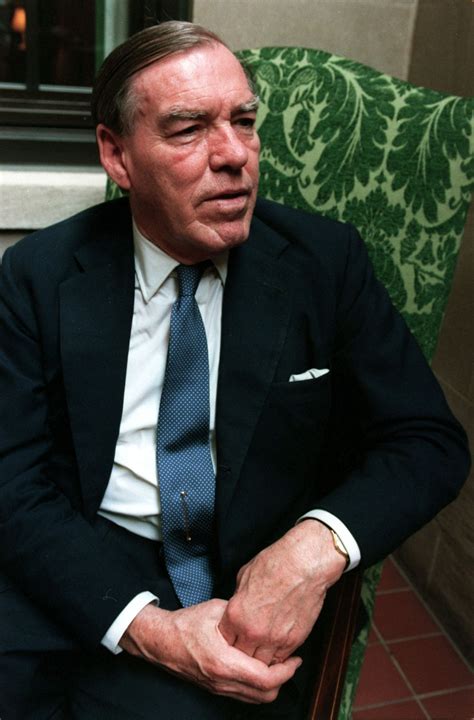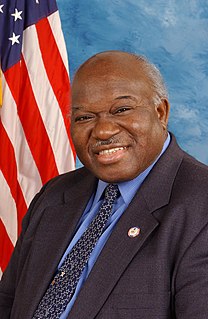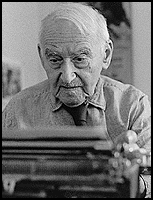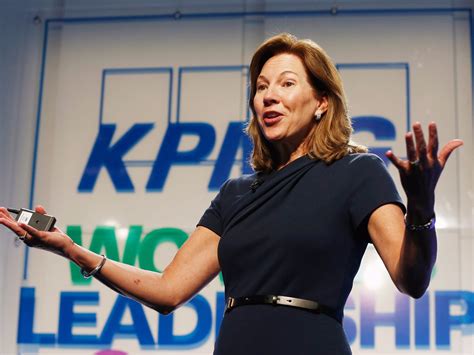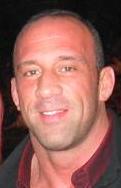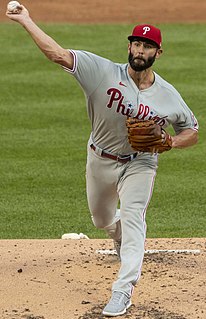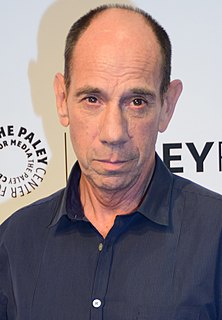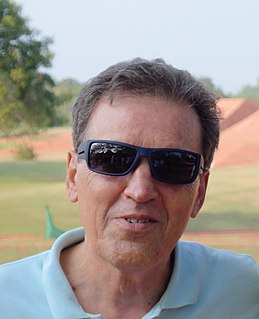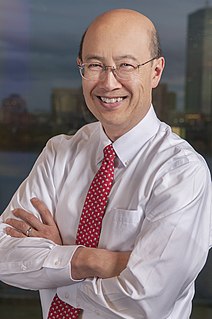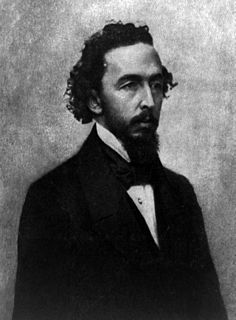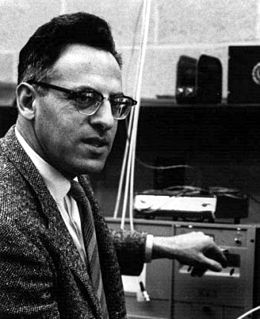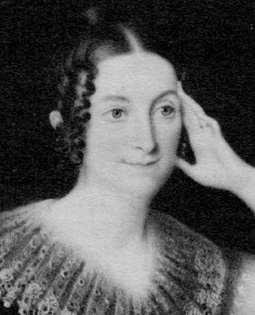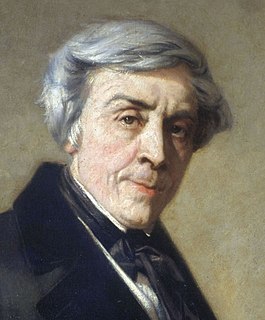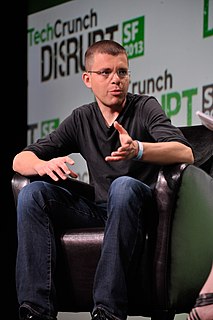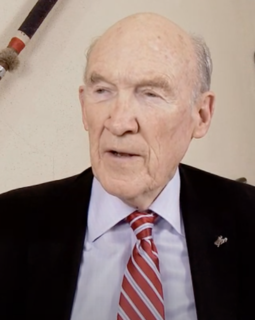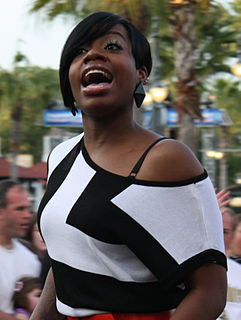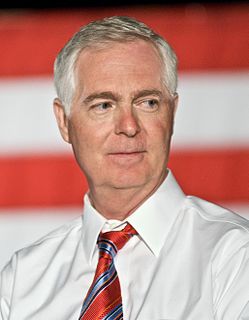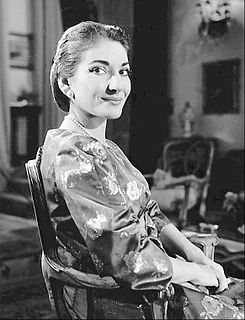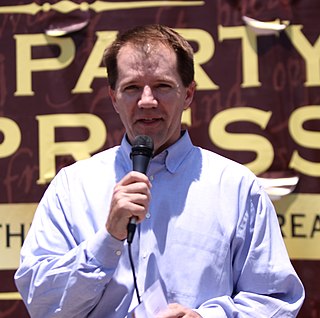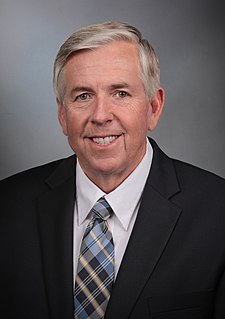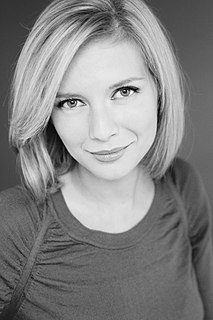Top 1200 Early Childhood Education Quotes & Sayings - Page 4
Explore popular Early Childhood Education quotes.
Last updated on December 11, 2024.
Education is a matter of the spirit. No wiser word has been said on the subject, and yet we persist in applying education from without. No one knoweth the things of the man except the spirit of man which is in him; therefore, there is no education but self-education, and as soon as a young child begins his education, he does so as a student. Our business is to give him mind stuff. Both quantity and quality are essential.
To some degree, the critic arises out of that negativity bias in that our brains are oriented towards threat and toward survival. The critic really started as a survivor mechanism in early infancy and childhood when we were trying to navigate our early family system and culture; when we're learning how to fit in so we could optimize that flow of love and affection. It was an internal voice telling us to shut certain patterns and reactions down, that negativity bias that's always looking for what's wrong, looking for the threat.
Learning to read and write makes little sense if you don't understand what you're reading and writing about. While we may have forgotten, most of our early learning came not from being explicitly taught but from experiencing. Kids aren't born knowing hard and soft, sweet and sour, red and green. When the child experiences those things, s/he transforms them into psychological understandings. When kids play with other kids, they learn about others and about themselves. Learning the basics of our physical and social reality is what early childhood is all about.
In my early life, and probably even today, it is not sufficiently understood that a child's education should include at least a rudimentary grasp of religion, sex, and money. Without a basic knowledge of these three primary facts in a normal human being's life --subjects which stir the emotions, create events and opportunities, and if they do not wholly decide must greatly influence an individual's personality --no human being's education can have a safe foundation.



